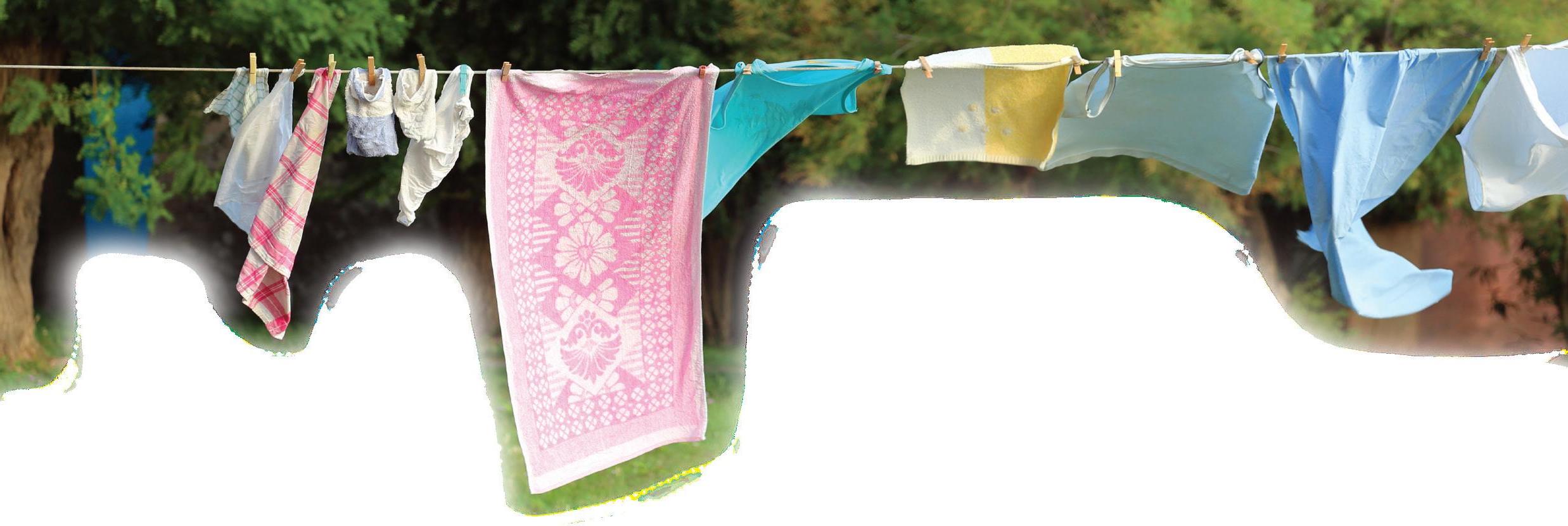by Charlotte Kovalchuk • Photos courtesy of Hope House
Hope For A Lifetime
hope house W
e are fortunate to live in a time and place in which some of the most vulnerable among us—people with special needs—are cared for and respected. Not only do these individuals have the benefit of vocational programs like Brookwood in Georgetown (BiG), and fun parks like Morgan’s Wonderland, they also have permanent residence at places like Hope House. What makes Hope House special is that so few loving homes exist for people with severe disabilities.
“There just aren’t enough Hope Houses,” development director Erland Schulze says. “There are enough places for them to stay permanently in institutions, yes. But Hope House is not like that; it never has been.”
SECRET ROOTS In generations past, special needs children and adults faced a different world, particularly in World War II Germany. Fortunately, there were also a few nonconformists who helped those who could not speak for themselves. One such champion was a nurse named Rose McGarrigle, who learned at a young age that disabled often meant disposable. Rose worked for a German psychiatrist at a facility for mentally challenged children he had spared from the Nazi regime during the war. That brief but profound experience led her to develop ideas about the care of disabled children that were way ahead of her time. She started a home
Hope House staff helps Mark participate in“normal” activities that many of us take for granted.
for children with severe disabilities, and cared for them in secret. Sadly, the children were eventually found and taken away. Undaunted, Rose did not give up on her calling. She married an American and when their family relocated to Austin, she continued her mission by converting her garage into a home filled with music and toys for kids with disabilities. She later took some into her home, where they lived side by side with her own children until the pilot program outgrew her residence. One of her neighbors, inspired by her efforts, donated land on the outskirts of Liberty Hill and, in 1977, the community stepped up to raise funds for a house, which became the first Hope House.
HOPE HOUSE TODAY More than 50 years have passed since Rose launched her program, and her original children are still being cared for, along with some new friends. Rose continued caring for residents, personally, until her death in 2003,
Rose McGarrigle started Hope House’s first location where these special kids can live full, active lives on the outskirts of Liberty Hill.
8
J U LY 2020 LIBER T Y HILL D IGES T







